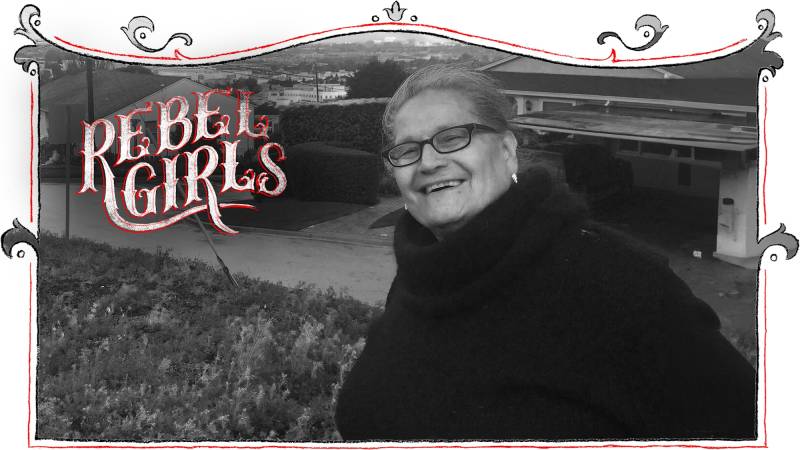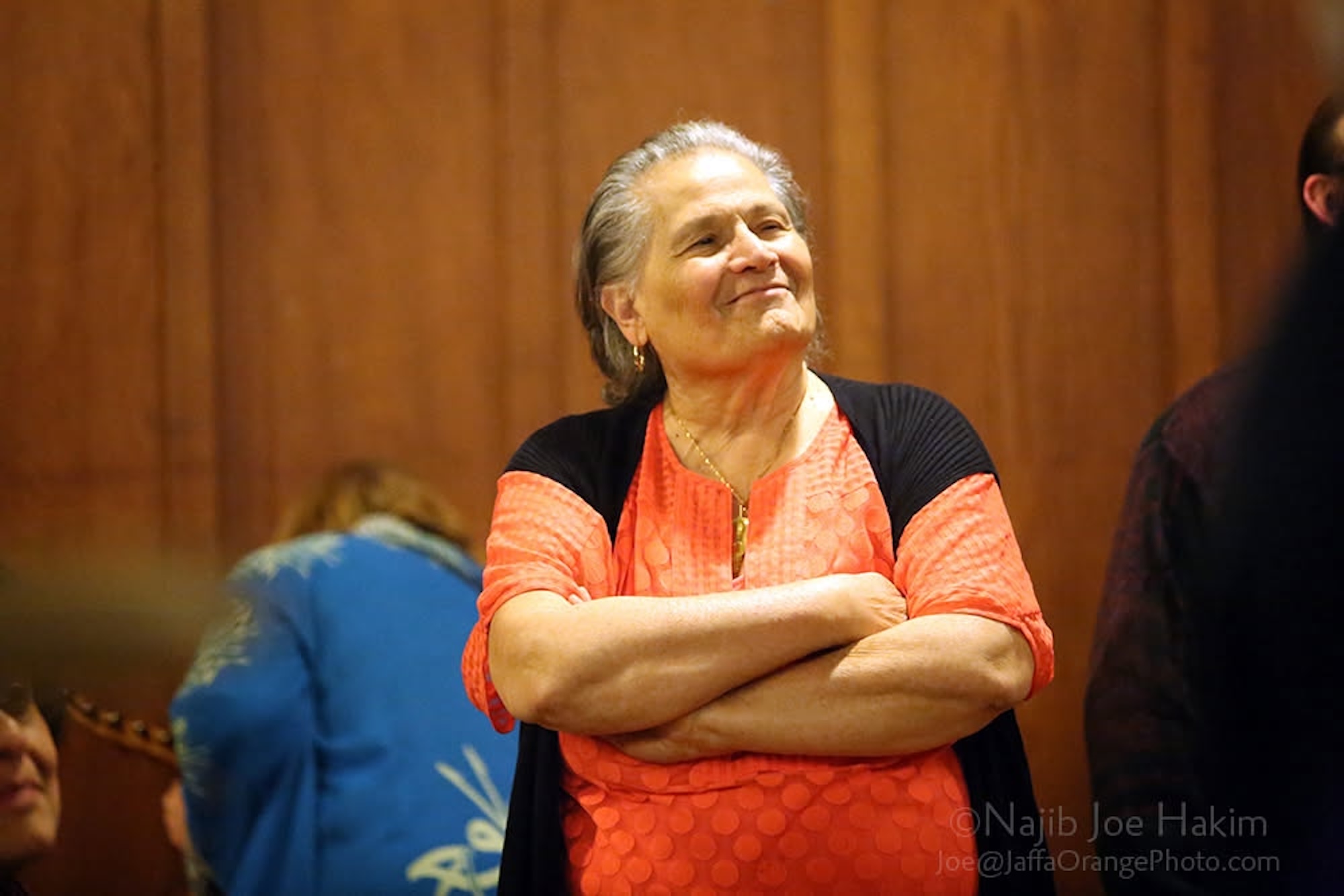Mango headed to California happened after completing her studies. By 1982, she and her then-husband Saber Shehadeh welcomed their only daughter, and Mango successfully mingled motherhood with her ongoing activism. In the ’80s, seeking a role that would enable her to stay at home with her daughter, but also continue with her mission, Mango started a company to distribute Arabic books. By the ’90s, the business, which had a variety of names over the years, had expanded to also export computer products to Arab countries.
1997’s Women’s Ventures, Women’s Visions by Shoshana Alexander noted at the time that the business allowed Mango “the flexibility to devote time to teaching and promoting Arabic culture and heritage.”
It was in 2000 that Mango co-founded the project that she was ultimately most widely recognized for: a musical collective named the Aswat Ensemble, which is still active today. Mango, who is said to have owned one of the largest collections of Arabic music in North America, initially wanted to ensure that old Palestinian folk songs were preserved and stayed in the cultural zeitgeist. But the longer Aswat continued, the more the group expanded both its philosophy and musical style.
By 2011, Aswat included musicians and singers from the Palestinian territories, Israel, Turkey, Lebanon, Egypt, France, Morocco, Mexico, India, Jordan, Iran, Iraq and, yes, the United States. Many of the instruments utilized were traditional ones from the Middle East, including the ney (a sort of cane flute), qanun (a style of zither), riqat (small tambourine), kamancheh (a string instrument) and tabla (hand drums).
In October 2012, Mango told the San Francisco Bay Guardian that the group’s songs “represent our feelings towards occupation [of the West Bank, Gaza, and East Jerusalem], the beauty of the land, our civil rights in this country, the Arab American experience and fighting hate and misinformation.”



